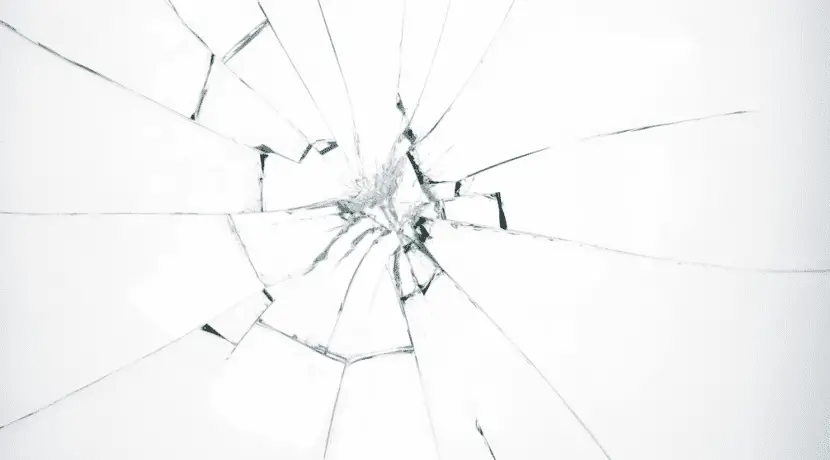Glass made from amino acids “heals itself”
Environmentally friendly material June 24, 2024 1:49 p.m. Robert Klatt A drink made of amino acids, the building blocks of proteins, can “heal” itself. In addition, production is significantly more energy efficient than with conventional glass such as quartz sand. Tel Aviv (Israel). Glass is mainly made from quartz sand, soda and lime, which melt […]

Environmentally friendly material
Robert Klatt
A drink made of amino acids, the building blocks of proteins, can “heal” itself. In addition, production is significantly more energy efficient than with conventional glass such as quartz sand.
Tel Aviv (Israel). Glass is mainly made from quartz sand, soda and lime, which melt at high temperatures. In its solid crystalline state, glass is resilient, transparent and stable at high temperatures, but it is difficult to repair. According to a publication in the specialist magazine, researchers from Tel Aviv University Nature now produces a glass that is not made of sand, but of amino acids, the building blocks of proteins, and can heal itself if damaged.
As the researchers explain, amino acids can combine to form peptides. To create the “self-healing” glass, the team mixed a specific peptide with water. When the water has evaporated at room temperature, all that is left is completely transparent glass made of amino acids. This is a big surprise because peptides normally form a crystal structure that is not transparent and resembles salt.
According to the scientists, the innovative peptide glass can also be used as an adhesive, for example to connect several pieces of glass. Brittleness, which describes the breaking or breaking behavior of a material, can be influenced by the amount of water added to the peptide glass.
Moisture “heals” peptide glass
The self-healing ability of peptide glass is activated by water. When cracked peptide glass is exposed to a humid environment, the glass absorbs moisture and the cracks close.
Scientists explain that glass is suitable for different applications. In addition to its self-healing ability, peptide glass also has the advantage that its production requires relatively little energy, whereas conventional glass is produced as quartz sand at temperatures of around 1,600 degrees Celsius.














